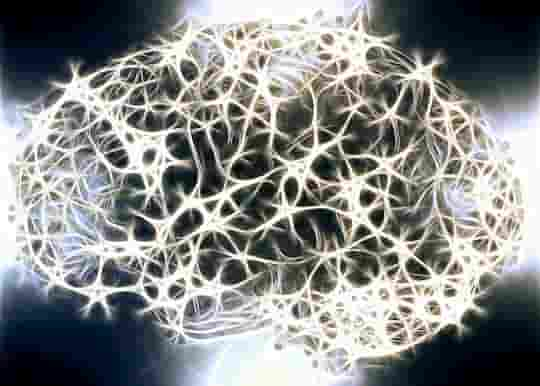Mindfulness is often touted as the answer to mental health problems, but is it?
Mindfulness helps to reduce depression, anxiety and stress for many people, new research finds.
However, its effects on depression and anxiety may be relatively small, with the highest quality studies finding little benefit.
Also, the practice does not work for everyone and is probably no better than alternatives like exercise for improving mental well-being.
Mindfulness is:
“The awareness that emerges through paying attention on purpose, in the present moment, and nonjudgmentally to the unfolding of experience moment by moment.”
Here are some common mindfulness exercises that are easy to fit into your day and 10 ways mindfulness benefits the mind.
The best advice is probably to try and see if it works for you, but do not be surprised if its effects on depression and anxiety are modest.
The conclusions come from a review of 136 studies of mindfulness that compared the practice with various control groups.
The study provides a useful curb to the idea that mindfulness is the answer to mental health problems for everyone, said Dr Julieta Galante, the study’s first author:
“For the average person and setting, practising mindfulness appears to be better than doing nothing for improving our mental health, particularly when it comes to depression, anxiety and psychological distress — but we shouldn’t assume that it works for everyone, everywhere.”
Although mindfulness was often found to be beneficial, it may be no better than other simple alternatives.
Professor Peter Jones, study co-author, said:
“While mindfulness is often better than taking no action, we found that there may be other effective ways of improving our mental health and wellbeing, such as exercise.
In many cases, these may prove to be more suitable alternatives if they are more effective, culturally more acceptable or are more feasible or cost effective to implement.”
When the researchers included just the highest quality studies in their analysis, mindfulness was only effective at reducing stress.
It was not effective in these higher quality studies for reducing depression, anxiety or improving mental well-being.
Mindfulness online
The current research did not include studies of online mindfulness courses.
However, there are studies that suggest it can be just as beneficial as its offline counterparts.
Dr Galante said the difficulty was in the lack of contact with a teacher:
“If the effects of online mindfulness courses vary as widely according to the setting as their offline counterparts, then the lack of human support they offer could cause potential problems.
We need more research before we can be confident about their effectiveness and safety.”
The study was published in the journal PLOS Medicine (Galante et al., 2021).










